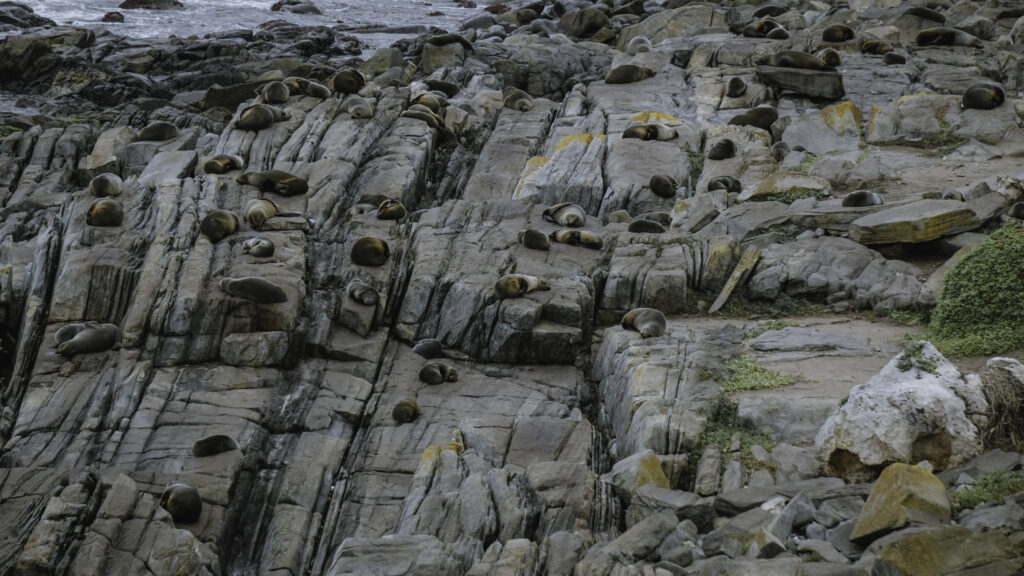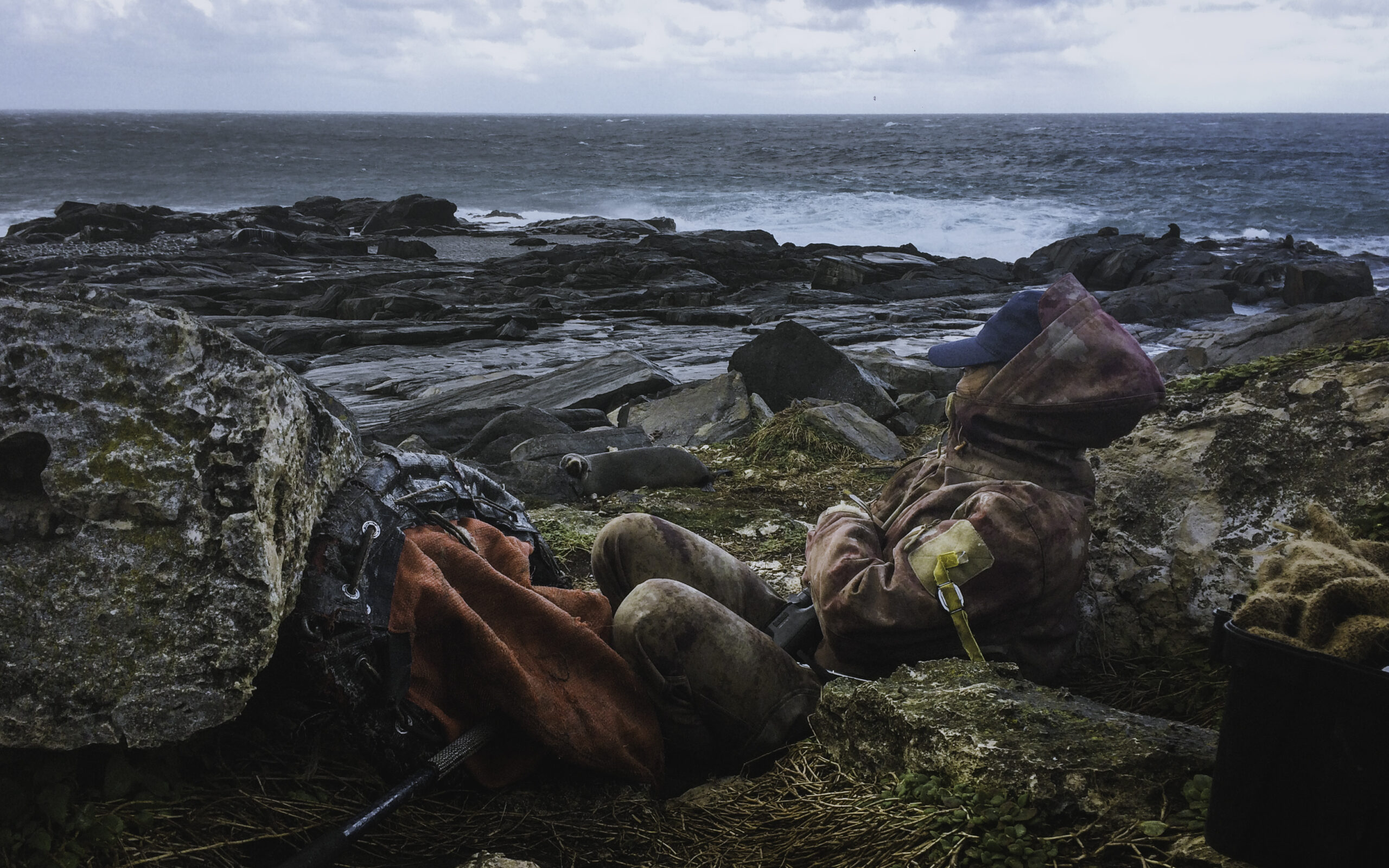It’s true life takes you places where you least expect it. And it fascinates me how things get set into motion down a path you did not anticipate.
Having just return from my 3rd stint on Campbell Island this summer, where I worked for 7 weeks on a remote subantarctic island working with New Zealand Sea lions, I just feel deeply grateful, privileged and lucky that I get to live this experience. How it all started always felt kinda serendipitous to me or perhaps like what Seneca the stoic philosopher said: Luck is when preparation meets opportunity. Here is goes:


I always wanted to get to Antarctica at some point (still do). But I didn’t really have my eye on the Subantarctics.
Here’s a quick backstory and it starts off with me choosing my PhD project. My personal criteria for a project were:
1. it has fieldwork
2. I get to work with animals
3. it will allow me to develop a diverse set of skills (at the time I was thinking more data analysis skills).
I was offered a project studying the foraging ecology of New Zealand fur seals (aka long-nosed fur seals) on Kangaroo Island, South Australia. It seemed to check all my boxes. Sure I’ll do it!

These are 3 things I can tell you about my PhD experience:
- Without some creative thinking, I found it hard to justify (especially when applying for grants) why I studied a species whose population is doing well. Well enough that some members of the public (fishermen) want to cull it. I think it would be much easier to justify an endangered animal so the conservation argument can stronger. My PhD didn’t have a strong management component to it either.
- Catching female fur seals was hard. This species was skittish and they lived on slippery, undulating rocky habitat. It was like going into a Brazilian Jiu Jitsu (a sport I train) competition every time I had to catch one. The anticipation of the catch and getting ready the gear was like waiting for your turn to compete. There were lots of heart and adrenaline pumping action when I have to execute (like when it’s finally my turn to fight on the mat). Lots of pressure because of the fear of failing to get the fur seal in the net (like fear of losing in match). Especially because some of them are high stakes as they carry a logger with data I desperately need (unlike BJJ competitions where I can just compete again, most times there’s no second chance due to logistical and time constraints). I felt a lot of pressure being in the field to do well. Although the outcome of whether a capture attempt was successful or not (like winning/losing a match) was out of my control, I really wanted every attempt to be successful. And what happens when you try to control something you can’t? Anxiety.
- Fieldwork required me to in a remote area with no freshwater source. I had to be completely self-sufficient. The nearest town was 3h away which involved a bumpy-vehicle-destroying 4wd ride (to be avoided as much as possible). I developed some bushcraft skills having to live in a tent for so long. It also helped pass time. Sometimes I did miss friends and family, especially on bad days. Remote fieldwork really teaches you that all you need to survive is food, water and shelter. And to thrive: add some love and social connection. I think I’m lucky that we live in times now where there are solar panels, powerbanks and phones where you can store lots of ebooks and podcasts offline. Even if I didn’t have a physical human being to talk to, I’m essentially hanging out with authors, podcasters and their guests when I read or listen to them. In case you’re wondering, I usually have at least 1 other person with me in the field!

Because of point 1, I thought my PhD wasn’t really meaningful. Combine that with point 2 – it sometimes made me wonder why am I doing this project at all? But I accepted it – because, well, I’m committed anyway and I wanted to finish what I started. I appreciated the unique challenges thrown at me. Life happens for you right?
When I completed all of my fieldwork, I was ready to sit down at my desk and just write for the next year. Until one day, 2 months after finishing my fieldwork, I get tapped on the shoulder by MA, one of the senior researchers in my lab group, who asked if I would like to go Campbell to work with NZ Sea lions in 2 months during summer. I said yes. And the rest was history. MA was offered this job but couldn’t go and the reason she asked me was because I had pinniped experience and experience working in remote areas, two things the job required.

So despite my doubts about my PhD experience, it led me down a path working with NZ Sea lions on Campbell Island (in subantarctics… a few more latitudes closer to Antarctica!). The sea lions are a species that aren’t doing so well and are now the rarest sea lion in the world. Plus the work involved some direct conservation actions.
I reckon my key takeaways from this experience are:
- I was at the right place at the right time. Being part of a research lab group that focuses on marine predators and seabirds helped. Being at around at my desk that week also helped.
- You just never know where the path takes you. Just embrace the journey.
- I’m eternally grateful to MA
Leave a Reply